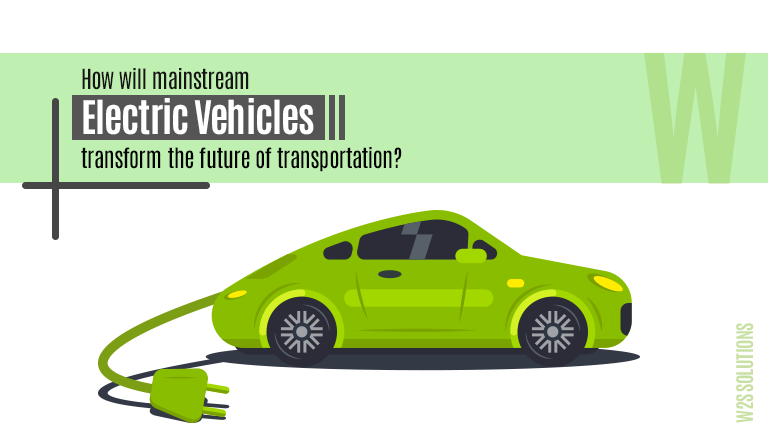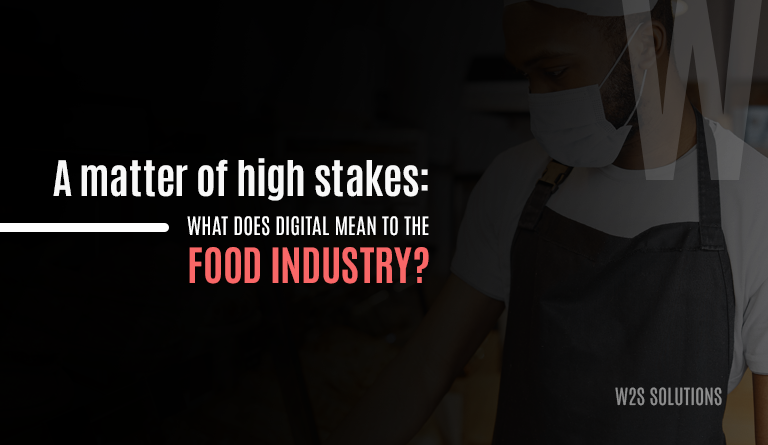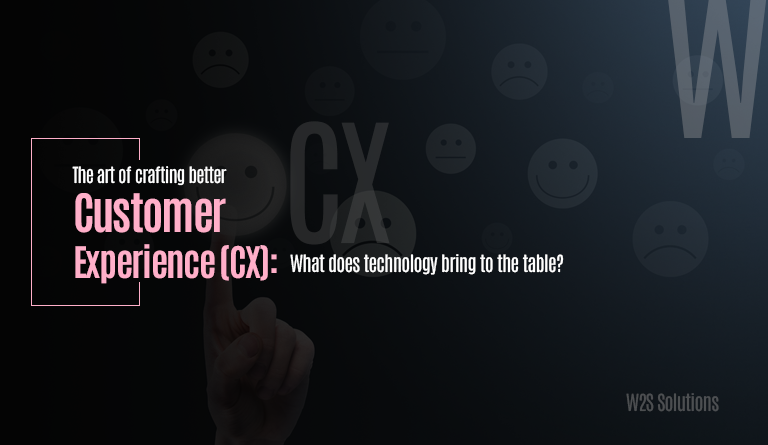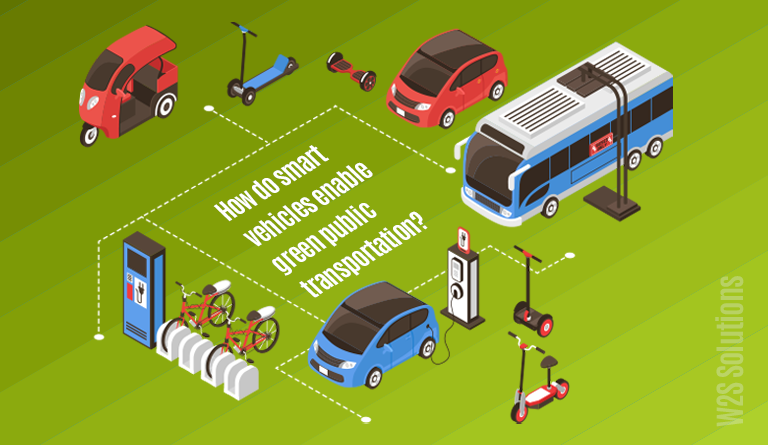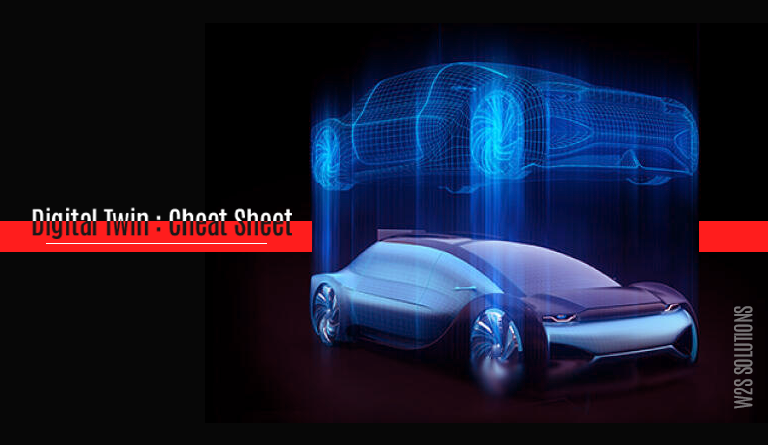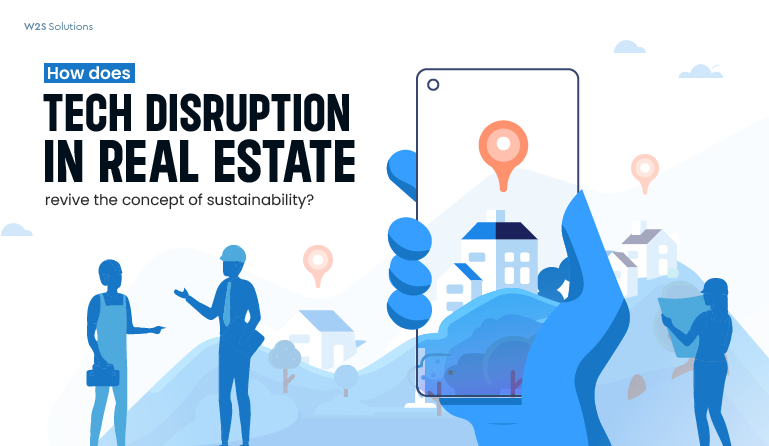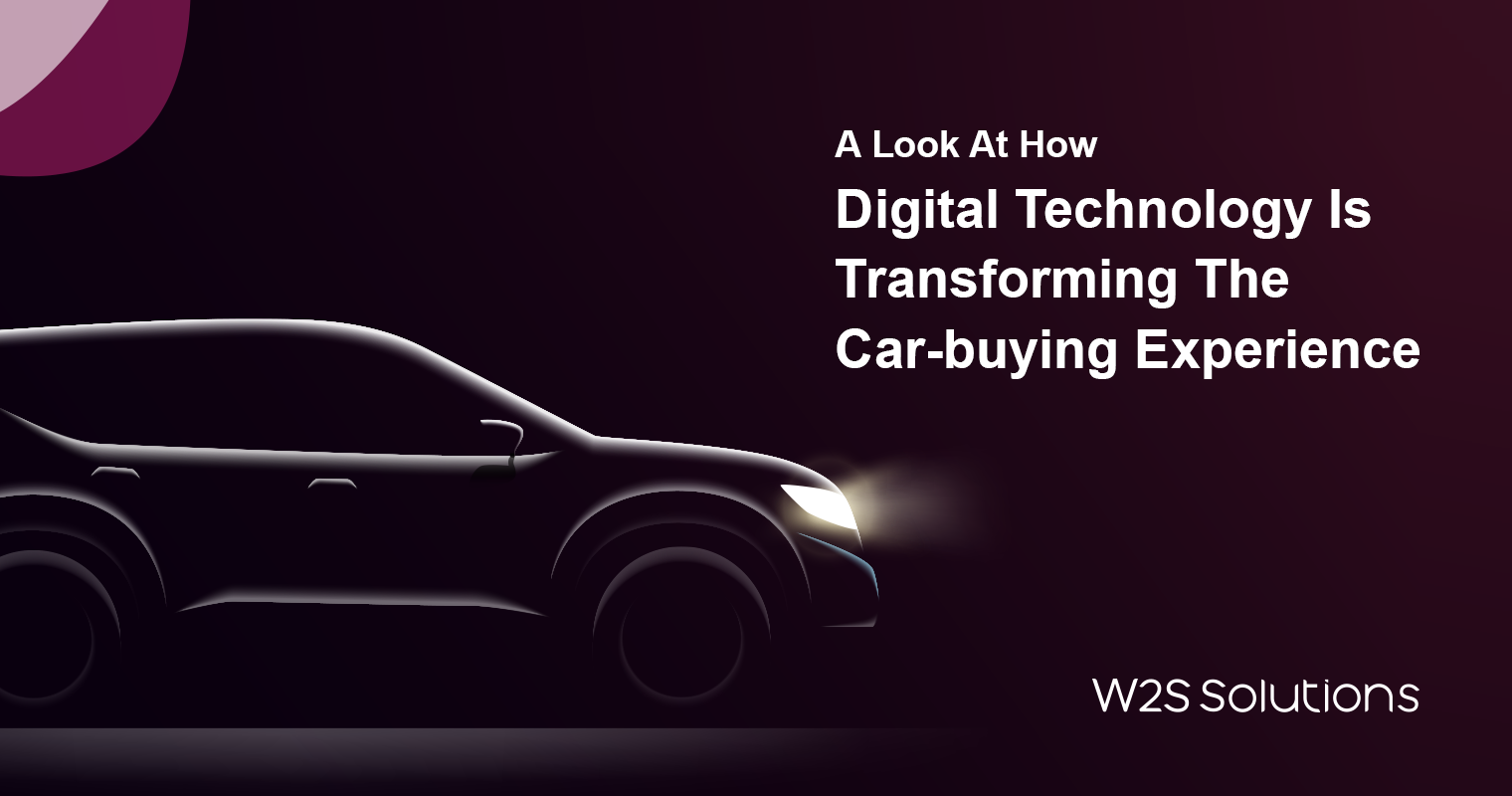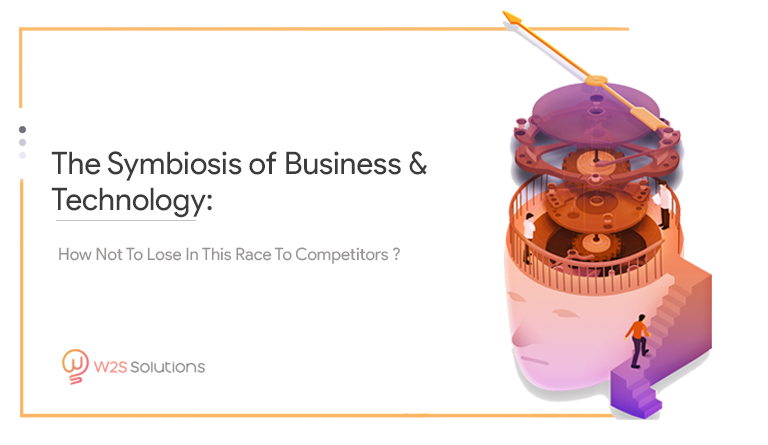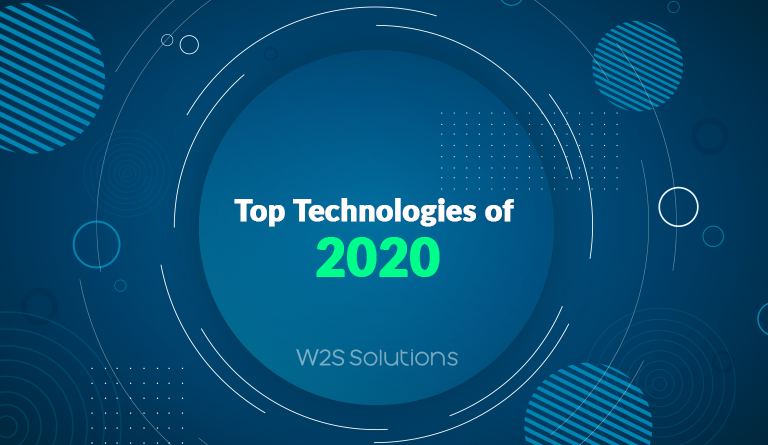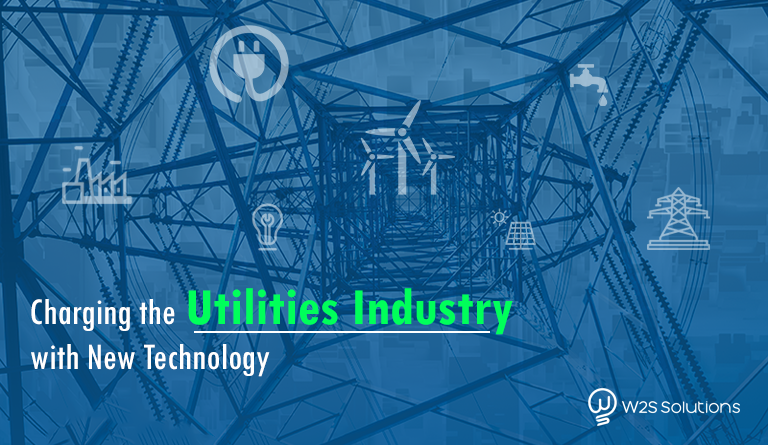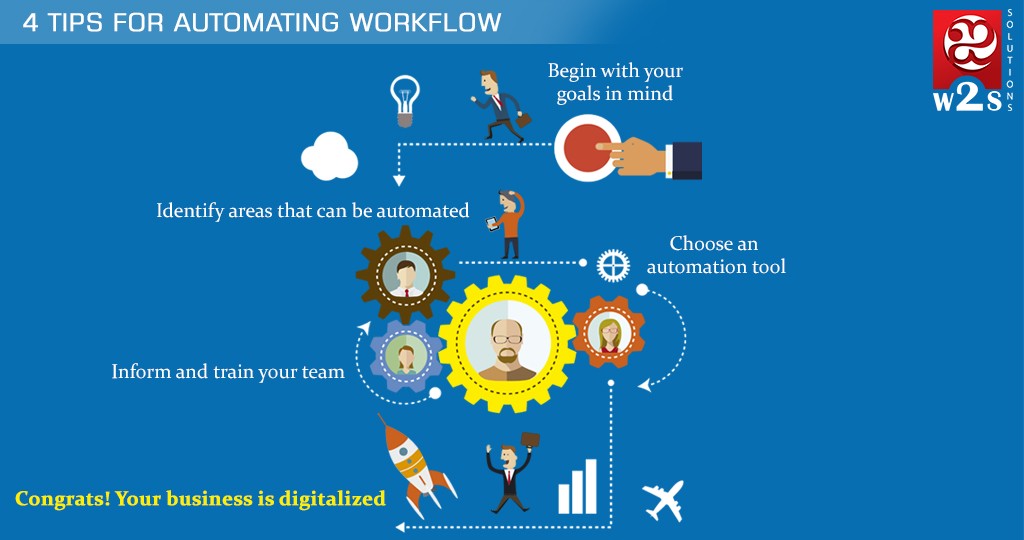Overview:
Electric vehicles (EVs) are the future of transportation that holds great potential to achieve sustainability in a short period. EVs play an important role in people’s lives, from reducing carbon emissions to keeping the environment green. Traditional transportation has affected the earth’s atmosphere and human health, and that’s why EVs are introduced in the modern world of technologies. Feeling excited and curious to know how EVs dominate traditional transportation in the 21st century? – Continue reading!
Transportation is among the most important industries for the efficient operation of the global business environment. People all across the globe are linked via transportation infrastructure. It encourages participation in all aspects of life, including travel and productivity. According to a study, the worldwide electric car market will be worth 354.80 billion dollars by 2028. On the other hand, the transportation industry is one of the largest polluters, resulting in harmful greenhouse gas emissions. Electric vehicles are a large industry focused on a net-zero strategy and giving most of the world’s population a carbon-free transportation choice.
Our travel patterns are changing. As a result of technological breakthroughs and a strong desire for improved sustainability, vehicles are becoming cleaner and smarter. Batteries, fuel cells, chargers, electric motors, power electronics, smart grids, monitoring software, and information services have been focused on industries and research organizations for many years. According to a study, India’s electric car market will grow at a 90% CAGR until 2030, reaching $150 billion. Electric vehicles were originally thought to be high-tech, expensive novelty vehicles exclusively available to the wealthy, but they are now more affordable and widespread.
Electric Vehicle (EV):

An electric vehicle (EV) uses an electric motor rather than an internal-combustion engine that burns a mixture of fuel and gasses to generate power. In order to address rising pollution, global warming, and natural resource depletion, such a vehicle is being explored as a potential substitute for current-generation automobiles to get professional support from tech companies in Austin. Even though electric vehicles have been available for a long time, digital transformation in the automobile industry has received much attention in the recent decade due to the rising carbon emissions and other environmental consequences of gasoline-powered vehicles. There are various electric vehicle types to explore, such as:
- Electric Vehicles: The battery is the only power source in this EV type.
- Hybrid Vehicles: These vehicles have a gasoline engine and an electric motor that charges the vehicle while it is in motion.
- Plug-in Hybrids: Combustion engines and rechargeable batteries are integrated even though the batteries can be charged when connected directly.
- Fuel-cell vehicles: The hydrogen fuel onboard these vehicles is used to create energy. They do not need to be plugged in to recharge.
The dimensions of change in EV:
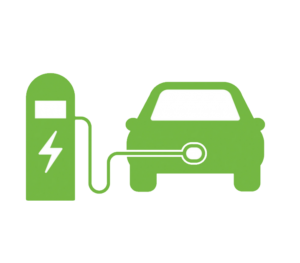
What kind of influence could modern electric vehicles have if they were broadly embraced in retail and industrial markets? We must first grasp the dimensions of EV change at work to do so. Every major improvement in motor vehicle design and regulation, according to the timeline, has resulted in considerable reductions in the industry’s environmental impact. Clean diesel technology from data science consulting services has made long-haul trucks 60 times more efficient in the commercial trucking industry, with each long-haul truck on the road before 1998 releasing the same level of emissions as 63 of today’s long-haul trucks.
That is a significant shift that may be hidden by the impact of broad electric vehicle adoption. Because all-electric vehicles emit no exhaust, their total carbon footprint is the same as their power source. Electric vehicles, unlike other vehicles, emit no direct air pollutants or greenhouse gasses, lowering Carbon dioxide and methane emissions. Electric vehicles can help improve air quality, smart technology integration into transportation systems, and public utility and transportation infrastructure, especially where electrical grids and charging stations intersect.
Read Also – A Look At How Digital Technology Is Transforming The Car-Buying Experience
Challenges and solutions to EV adoption:

Electric vehicles will be expensive to update the market, the electrical grid, and the nation’s public transit system, and this is still one of the main obstacles to adoption. Here are a few obstacles to be overcome by EV adoption:
-
High Cost:
Changing an industry is costly, but I believe it is worthwhile. While an EV charging station can cost up to $1 million, federal grant programs such as the Transportation Facilities Program, with the use of auction software, which assists states and transit groups in investing in new or upgraded transit facilities and tools by bidding, can help greatly reduce the cost. The transportation industry can adopt custom web applications for EVs to better assist and guide people about their service cost-effectively.
-
Low Supply:
There would not be enough electric vehicles to replace all diesel-powered engines if they were banned today, but that could change soon. As demand for electric vehicles develops, transportation companies should work to increase supply. Alternative fuels such as clean biodiesel are gaining popularity and may be able to fill in the gaps in the electric vehicle production process. In the future, the software development company will help us see a range of vehicles on our roads that use renewable energy sources such as biodiesel and hydrogen fuel cells since it offers best EV solutions.
-
Lack of charging technology:
A worldwide shortage of electric vehicle charging infrastructure is the problem. Some areas, such as cities with higher rates of EV adoption, have little public infrastructure and charging stations can be found in public spaces such as supermarket parking lots. Other locations lack infrastructure, forcing the creation of public charging infrastructure. Data analytics firms enable us to gain accurate business insights and calculate the ideal sites for electric vehicle charging stations in each city.
Read Also – Business Benefits Of IoT Technology In Automobile Sectors
The key benefits of owning EVs:
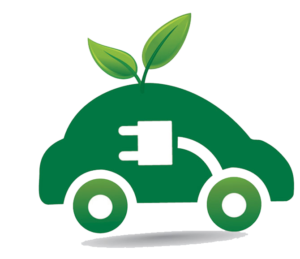
Although modern living requires mobility, the traditional combustion engine quickly becomes outdated. Fully electric vehicles are progressively replacing highly polluting gasoline and diesel automobiles with the help of a dealer management system. Electric vehicles with the IT solutions for automotive industry produce no pollutants and are, therefore, significantly more environmentally friendly. You, too, can join the electric vehicle trend now. Is your next car going to be electric?
-
Cost-efficient running:
Compared to gasoline or diesel vehicles, electric vehicles have reduced operational costs. Rather than using fossil fuels like gasoline or diesel to charge their batteries, electric vehicles use energy. Electric vehicles are more fuel-efficient, and charging an electric vehicle is less expensive than filling up a gasoline or diesel vehicle for your travel needs when power costs are considered. The car dealership and supplier management company offers electric vehicles that can be made more eco-friendly using renewable energy sources. The cost of electricity can be further decreased if charging is done at home using renewable energy sources such as solar panels.
-
Low-cost maintenance:
Electric vehicles with digital solutions for automobile dealers have fewer moving parts than internal combustion engines, which costs less to maintain. Electric vehicles are easier to maintain than gasoline or diesel vehicles. As a result, operating an electric vehicle has a low annual cost.
-
Zero emissions:
Driving an electric vehicle reduces your carbon footprint because there are no exhaust emissions. The sustainable development consulting firms offer a wide range of tech solutions for businesses to choose renewable energy sources for residential electricity to minimize the environmental impact of charging your vehicle.
Read Also – How Machine Learning Transform The Transportation Industry
-
Simple to drive:
Electric vehicles do not have gears and are very simple to drive. The only controls are the accelerator, brake, and steering wheel for us to focus on driving. Plug it into a home or public charger when you charge your vehicle. Electric vehicles are also quieter than typical vehicles, minimizing noise pollution. Automobile industries have adopted mobile app development services for EVs to assist drivers and people traveling in cars with smooth GPS, push notifications, and other common instructions and details to follow the guidelines.
-
Charge conveniently from home:
Imagine being stopped in a crowded gas station during rush hour and being late for work. EV is the only solution that will help in solving these problems. Before leaving, plug your vehicle into the home charger for 4-5 hours. It’s simple to plan your outings ahead of time if you can get a charger where you park at home. What if you forget to plug in your machine at some point? You can easily use quick chargers or even battery replacement services if you’re riding a two-wheeler on the road.
-
Noise-Free Pollution:
Electric vehicles will run without any noise because no engine is present in the hood. The absence of an engine benefits from no noise. Since the electric motor works so silently, you have to peek into your instrument cluster to see if it’s on. Electric vehicles are so silent that pedestrian safety requires sound effects.
Why is the transport industry shifting towards EVs?

Fossil fuels are in short supply, and their use harms the environment. Toxic emissions emitted by gasoline and diesel vehicles have long-term negative health impacts. EVs emit far less pollution than gasoline or diesel vehicles. Electric vehicles can convert roughly 60% of the electrical energy from the grid to wheel power. Still, gasoline and diesel cars can only convert 17%–31% of the energy in the fuel to wheel power. This equates to a waste of 80%.
Even when power generation is considered, petrol and diesel vehicles emit approximately three times as much CO2 as the average electric vehicle. The cloud solution providers have assisted automobile industries with the best storage space and easy access to data from anywhere to stay connected with EVs and people. Cloud technology is one of the major backbones for EVs for efficient operation management platforms and industrial components to easily deploy with their systems. The transportation industry intends to achieve overall electric power installed capacity from non-fossil fuel-based energy resources to reduce the environmental impact of charging electric vehicles. As a result, electric vehicles represent the future of the transport industry, and we must make the changeover today.
You can also view more of our works and case studies here!
Conclusion:
EVs hold a bright future for the transportation industry since they supply customers with environmentally friendly vehicles that help save the world. Fossil fuels are rapidly depleting, and it is not a sensible solution to exhaust all fossil fuels while we are still alive. New mobility patterns, vehicle ownership norms, and self-driving technologies all require a shared vision in the transportation industry. By preparing for the transition of transportation and energy systems, we can increase cities’ ability to meet climate change goals, maximize grid investments, stimulate service and infrastructure innovation, raise productivity, and generate economic growth. Enterprises looking to make the environment green and clean can get in touch with the world’s best enterprise software development company to obtain cost-effective EV solutions for their business growth.
